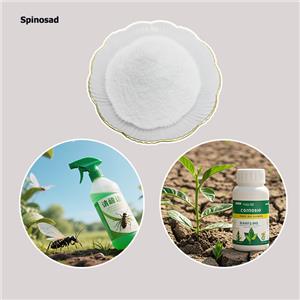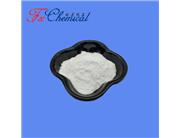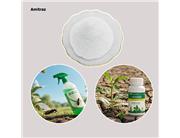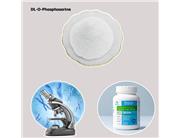Spinosad is a naturally derived insecticide produced by soil bacteria. Here's a detailed breakdown:
1. Origin & Production:
Produced by the fermentation of the soil bacterium Saccharopolyspora spinosa.
It's a mixture of two active compounds: Spinosyn A and Spinosyn D.
Discovered in the 1980s and commercialized in the 1990s.
2. Target Pests:
Spinosad is effective against a wide range of caterpillars, thrips, leafminers, flies, beetles, and other pests, including:
Tomato hornworms, armyworms, fruit flies (larvae), Colorado potato beetle, fire ants, mosquitoes (larvae), and stored-grain pests.
Notably used against head lice in prescription/overt-the-counter treatments.
3. Mode of Action:
Neurotoxin: Disrupts insect nervous systems.
Targets nicotinic acetylcholine receptors (nAChRs) and GABA receptors in nerve cells.
Causes hyperexcitation → paralysis → death (typically within 1–2 days).
Unique mechanism: Low cross-resistance risk with synthetic insecticides.
4. Key Properties:
Low Toxicity to Mammals: EPA Toxicity Category III (slightly toxic). Safe for humans/pets when used as directed.
Selective: Less harmful to beneficial insects (e.g., ladybugs, predatory mites) but toxic to bees if sprayed directly. Apply when pollinators are inactive.
Biodegradable: Breaks down rapidly in soil/water (half-life: 1–10 days in soil, <1 day in water).
Organic Approved: Accepted by OMRI (Organic Materials Review Institute) for organic farming.
Systemic Activity: Absorbed by leaves (not roots), providing residual protection.
5. Applications:
Agriculture: Fruits, vegetables, nuts, cotton, ornamentals.
Home/Garden: Vegetable sprays, fruit tree sprays (e.g., Monterey Garden Insect Spray).
Public Health: Mosquito control, head lice treatments (e.g., Natroba®).
Stored Products: Grain protectants.
6. Safety & Environmental Profile:
Bees: Toxic on contact; avoid spraying blooming plants. Dried residues are safe.
Aquatic Life: Toxic to fish/aquatic invertebrates; avoid water contamination.
Resistance Management: Rotate with other insecticides to prevent pest resistance.
7. Common Trade Names:
Conserve®, Entrust®, Success®, Monterey Garden Insect Spray, Captain Jack's Deadbug Brew.
Why It's Valued:
Effectiveness: Rapid control of tough pests (e.g., thrips, fruit worms).
Safety Profile: Preferred for IPM (Integrated Pest Management) and organic systems.
Low Residues: Short pre-harvest intervals for food crops.
⚠️ Always follow label instructions to minimize ecological impact and ensure efficacy.


 China
China

